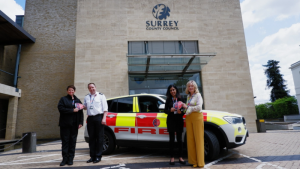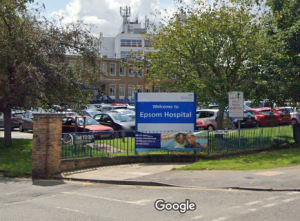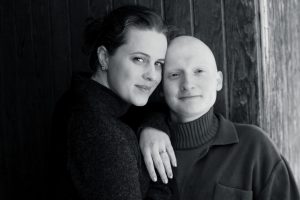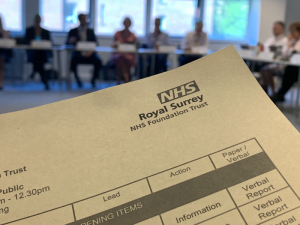Surrey Fire and Rescue Service (SFRS) have launched an initiative aimed at fostering a more inclusive and supportive environment for women and girls across Surrey.
Following a recent menstrual health education session, the SFRS Community Safety Partnership team is now equipped to provide support and period products to women and girls who need them when they are on duty in local communities.
The initiative is a joint collaboration between SFRS and Binti – a charity that provides menstrual dignity to girls and women worldwide.
Bernie Beckett, SFRS Chief of Staff, said: “Addressing the topic of periods and menstruation can be challenging. However, by launching this initiative we aim to break the stigma and, most importantly, provide period products to those who face challenges in accessing them.
“We know that many women and girls lack access to the necessary support and education surrounding menstrual health. Surrey Fire and Rescue Service can provide a vital role in ensuring that women and girls in our communities have access to period products when they need them. We’re delighted to be playing our part in Binti’s menstrual dignity mission, contributing to a more inclusive and supportive environment for women and girls in Surrey.”
Manjit K. Gill, CEO and founder of Binti said: “Manjit K. Gill MBE CEO and Founder of Binti said: “Working with a forward-thinking organisation like Surrey Fire and Rescue Service, especially in a traditionally male-dominated sector, is truly inspiring.
“Their commitment to inclusion for their workforce and their willingness to tackle the issue of period dignity head-on sets a remarkable example for others to follow. By breaking down barriers and fostering a more inclusive environment, we are not only empowering women and girls but also challenging societal norms. It is a privilege to collaborate with such a visionary organisation and collectively drive positive change in the pursuit of gender equality.”
The service will be storing period products on some of its Community and Partnership vehicles. An ‘Ask me for period products’ magnet will indicate to members of the public that period products are available when out in the community or attending events.
Related reports:












